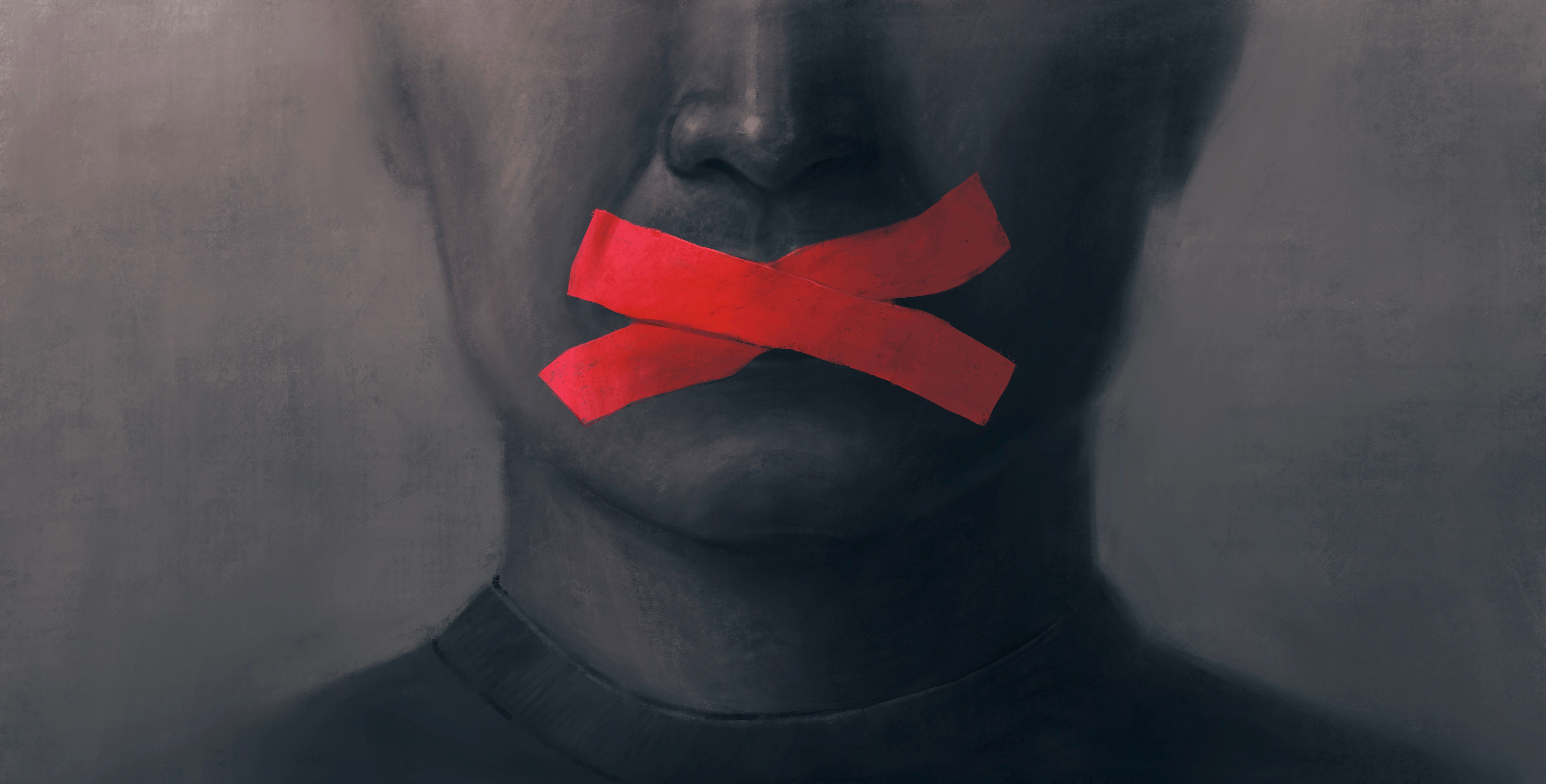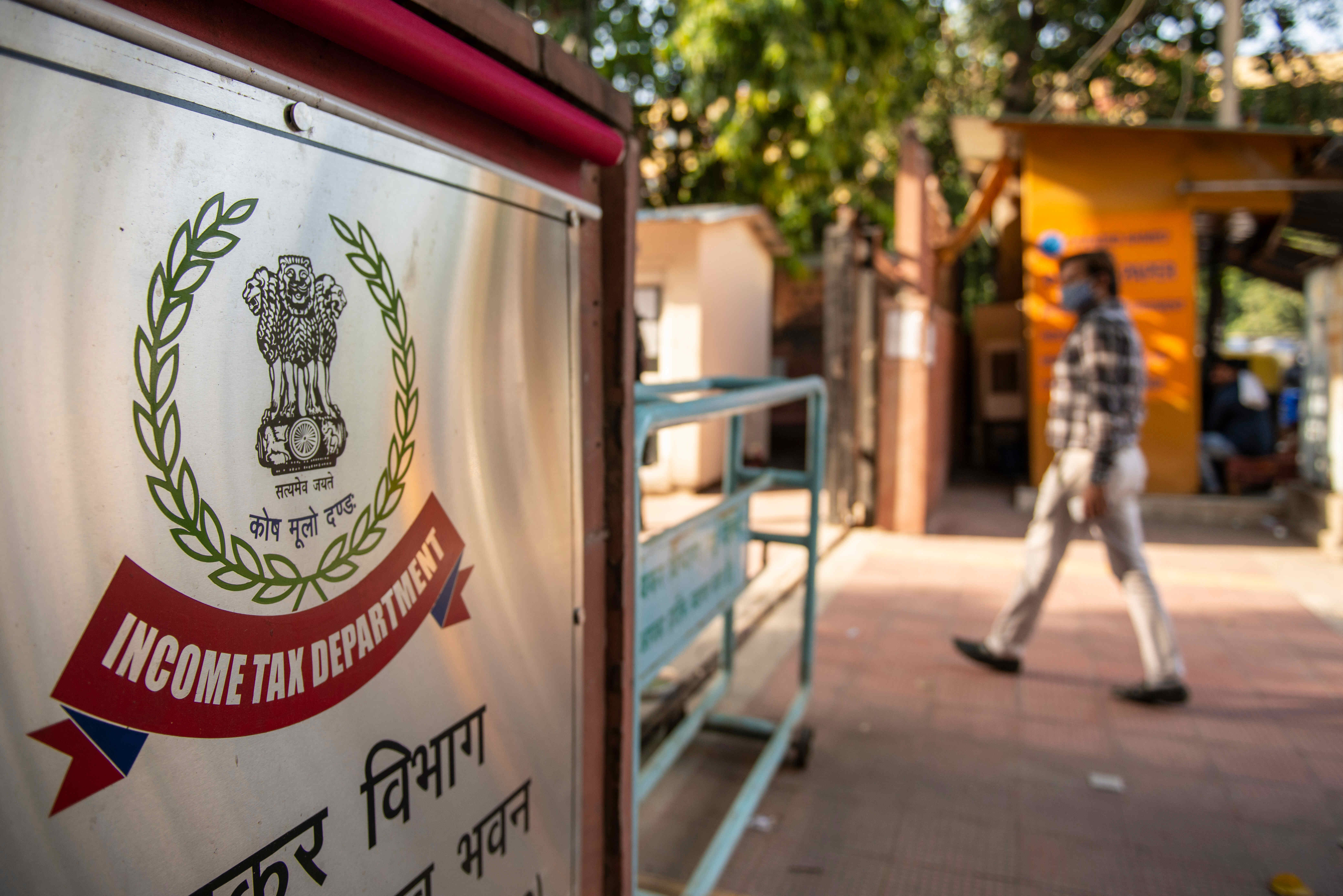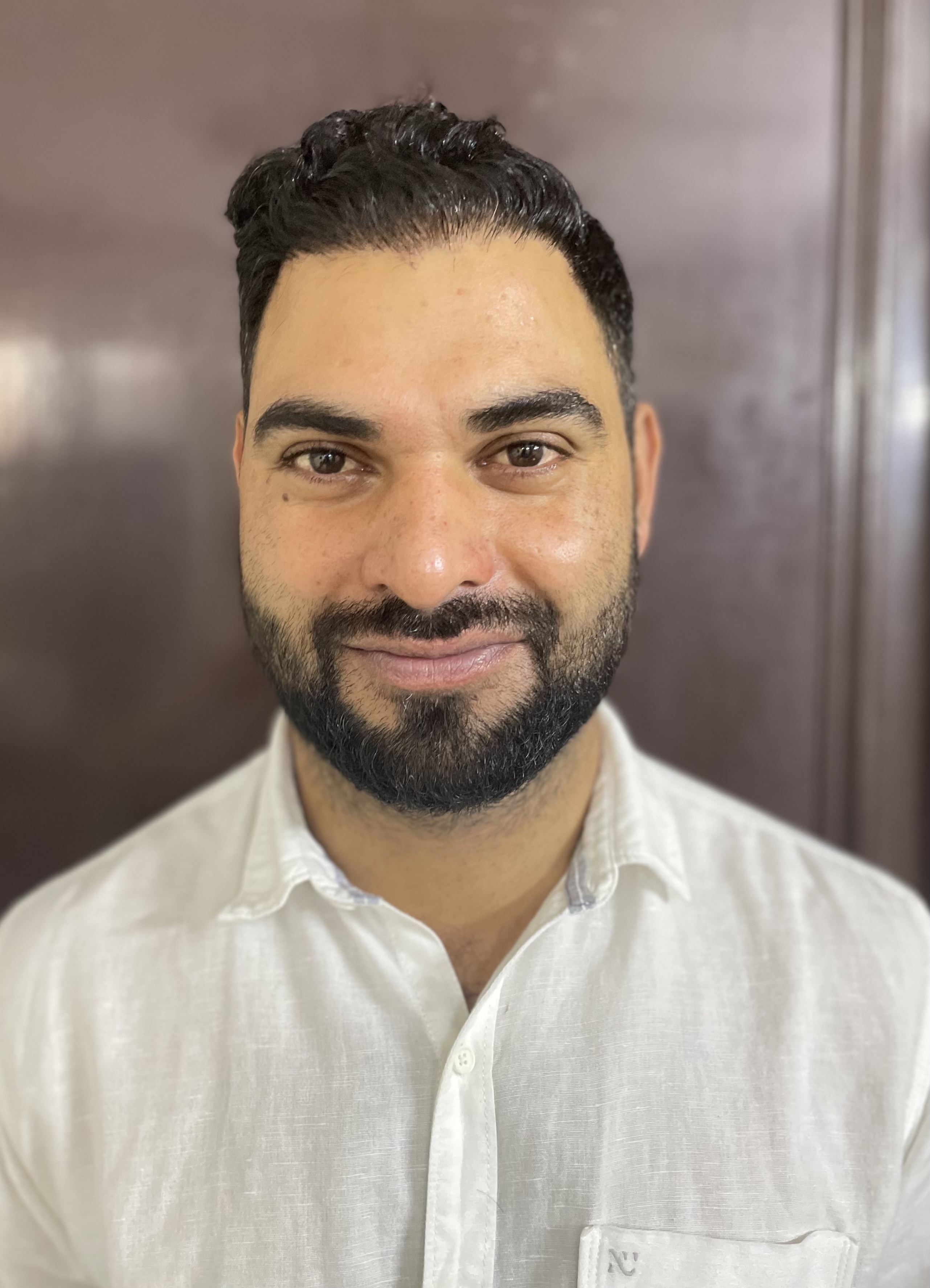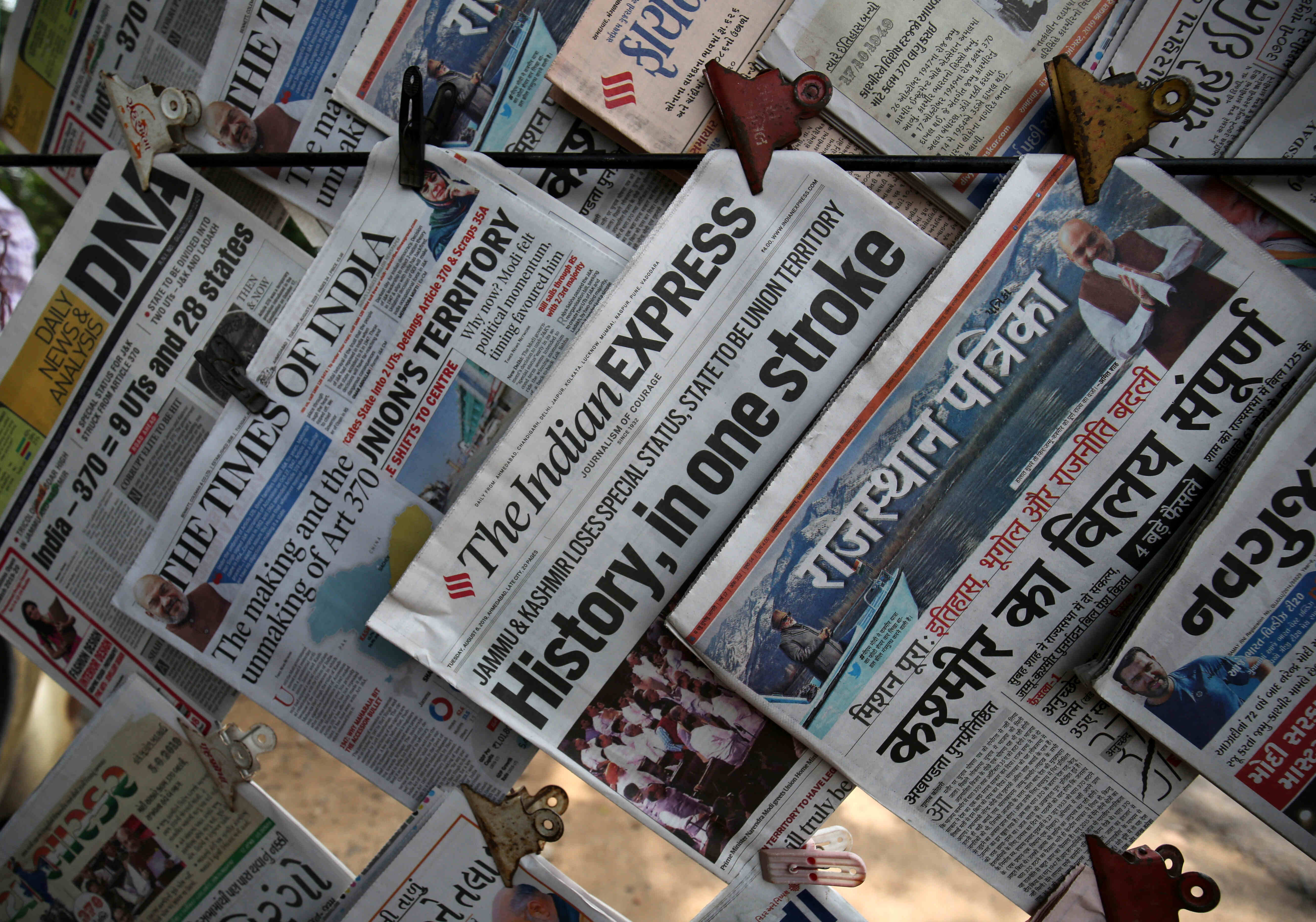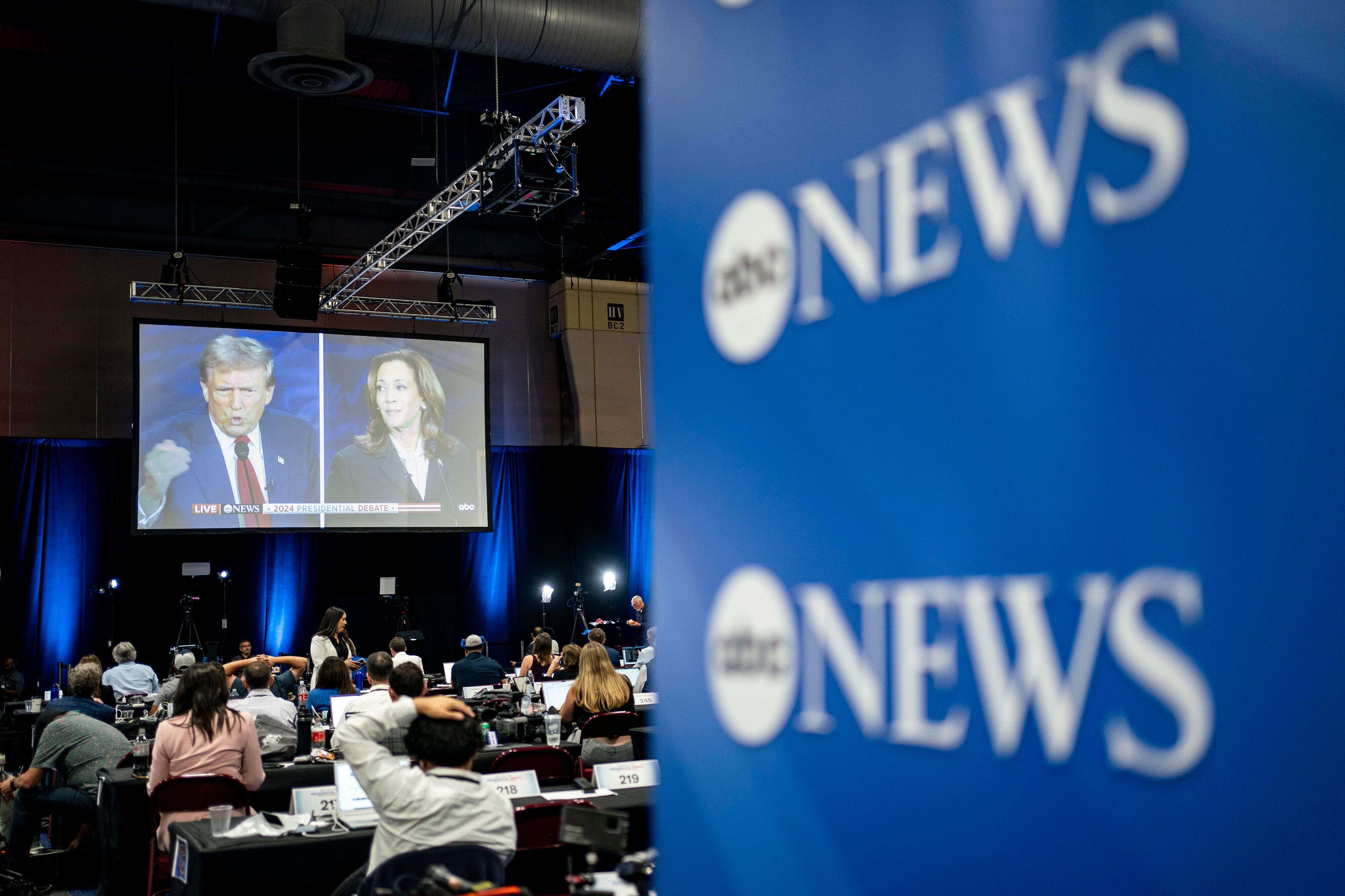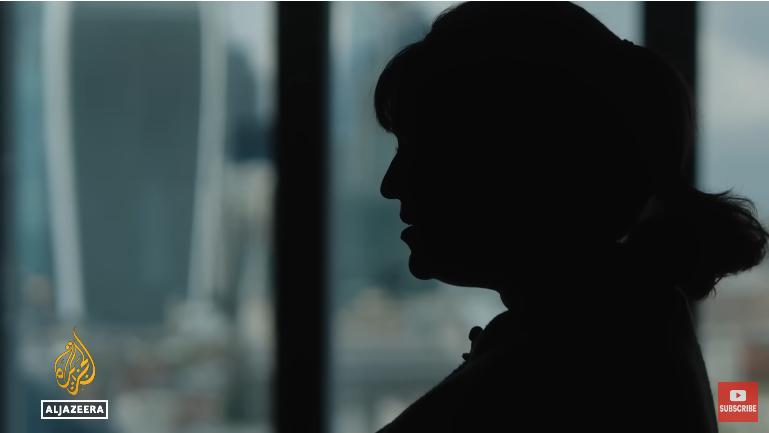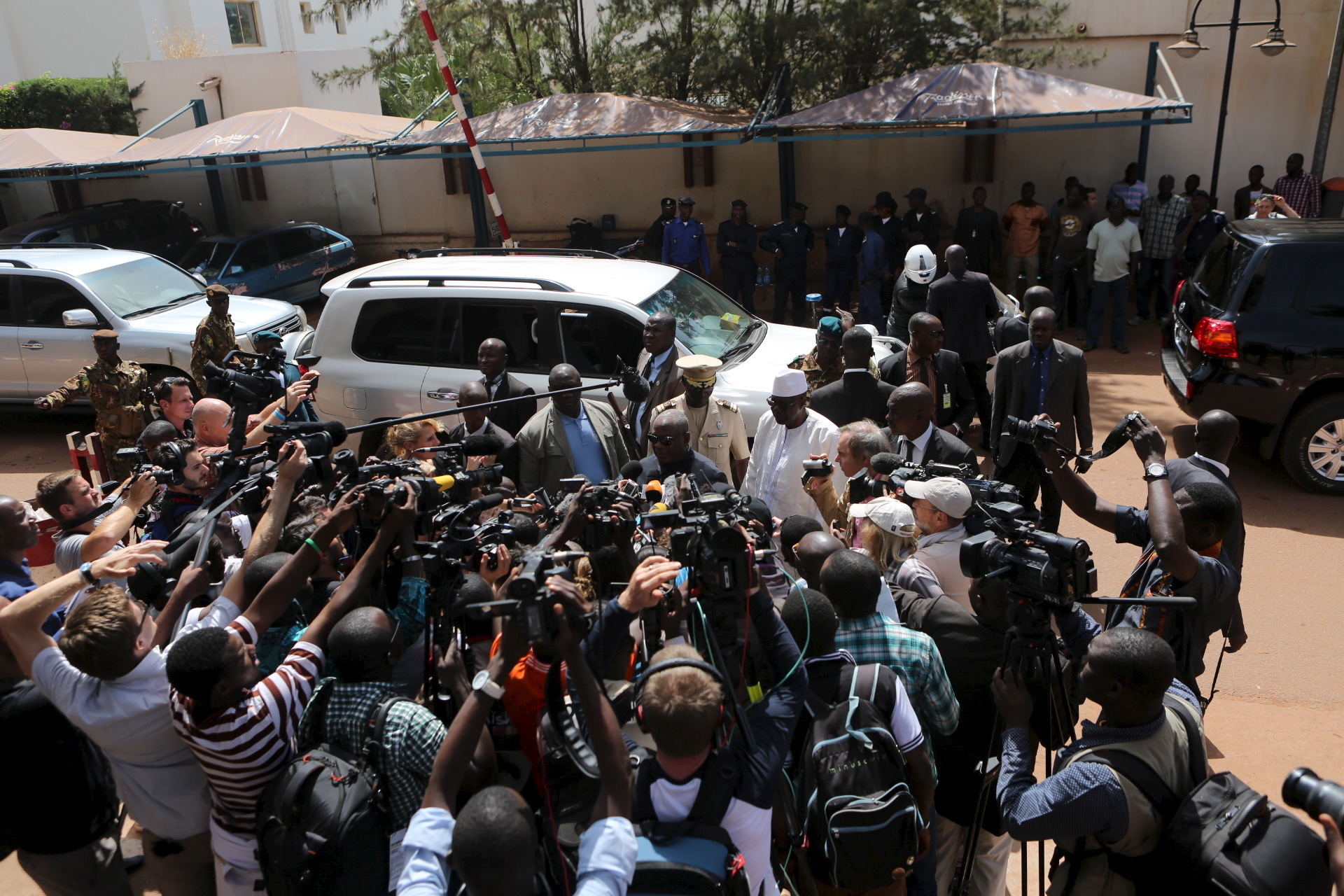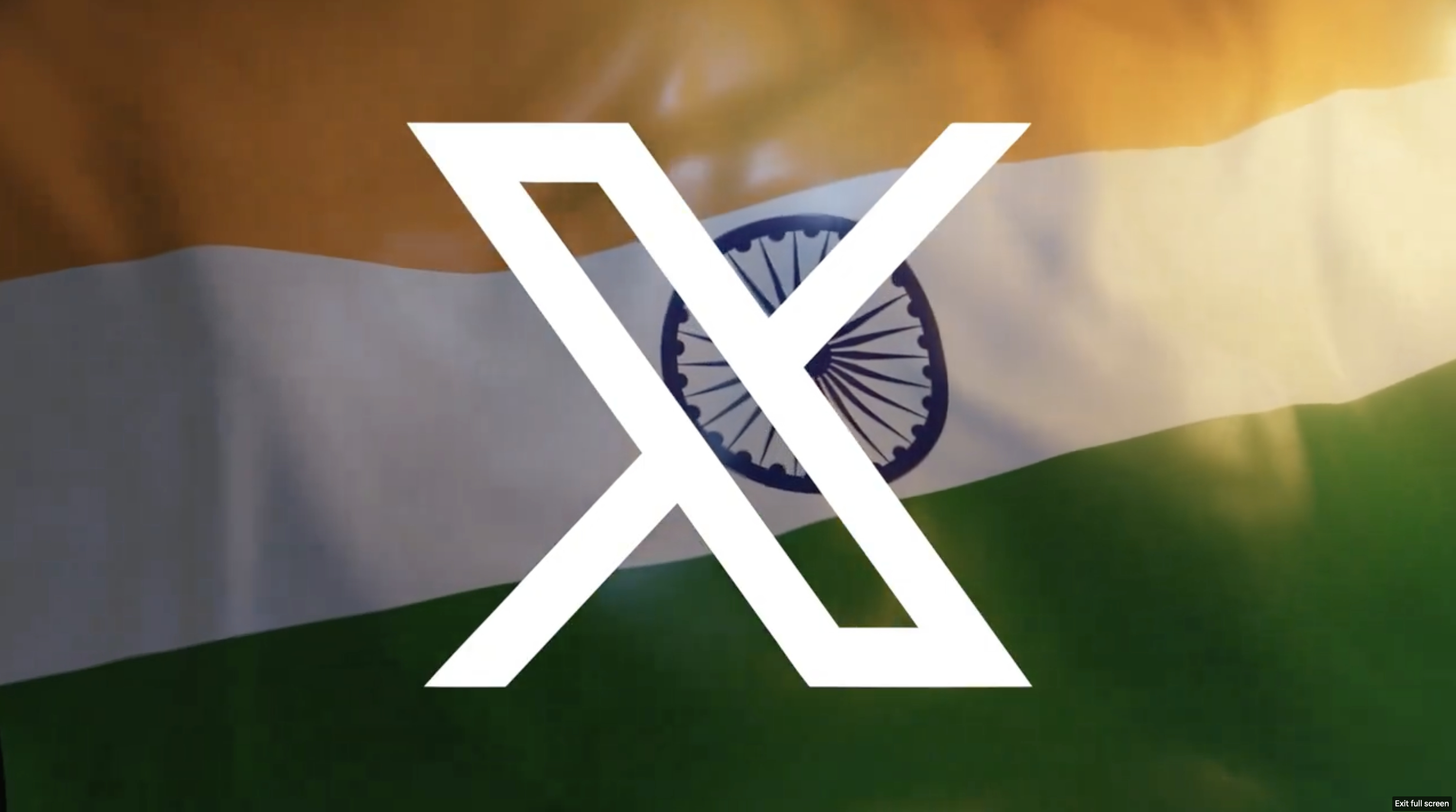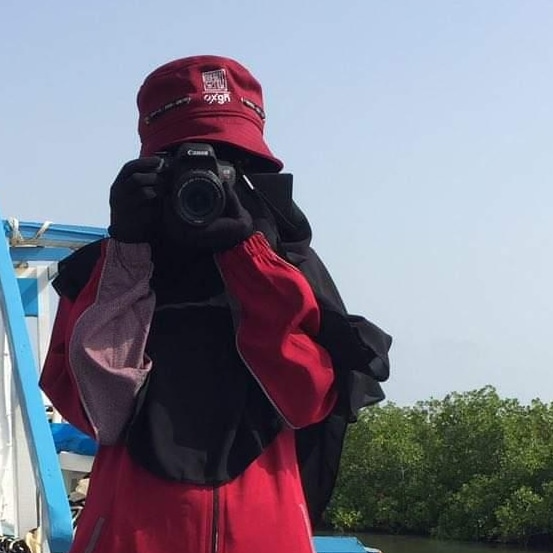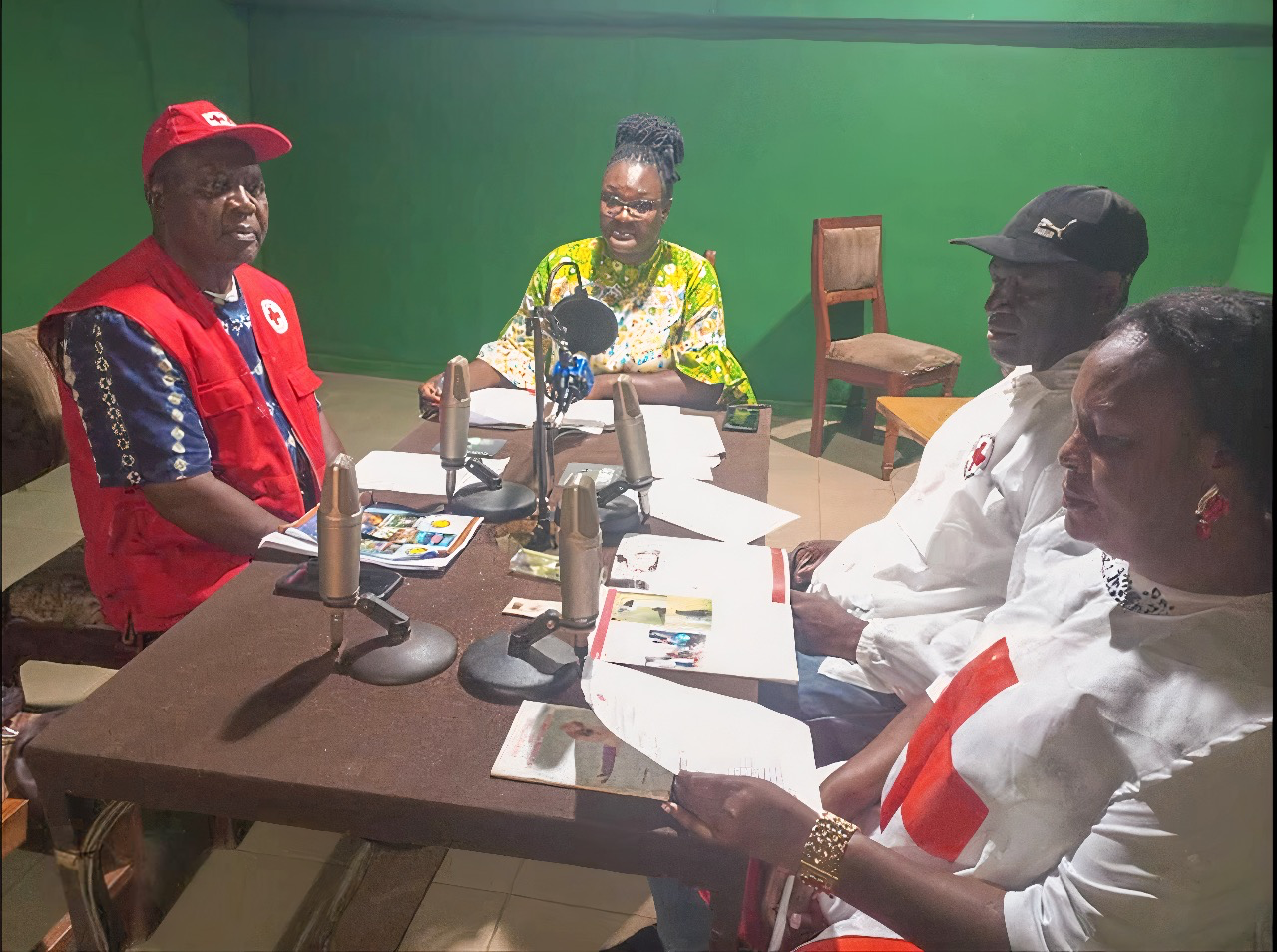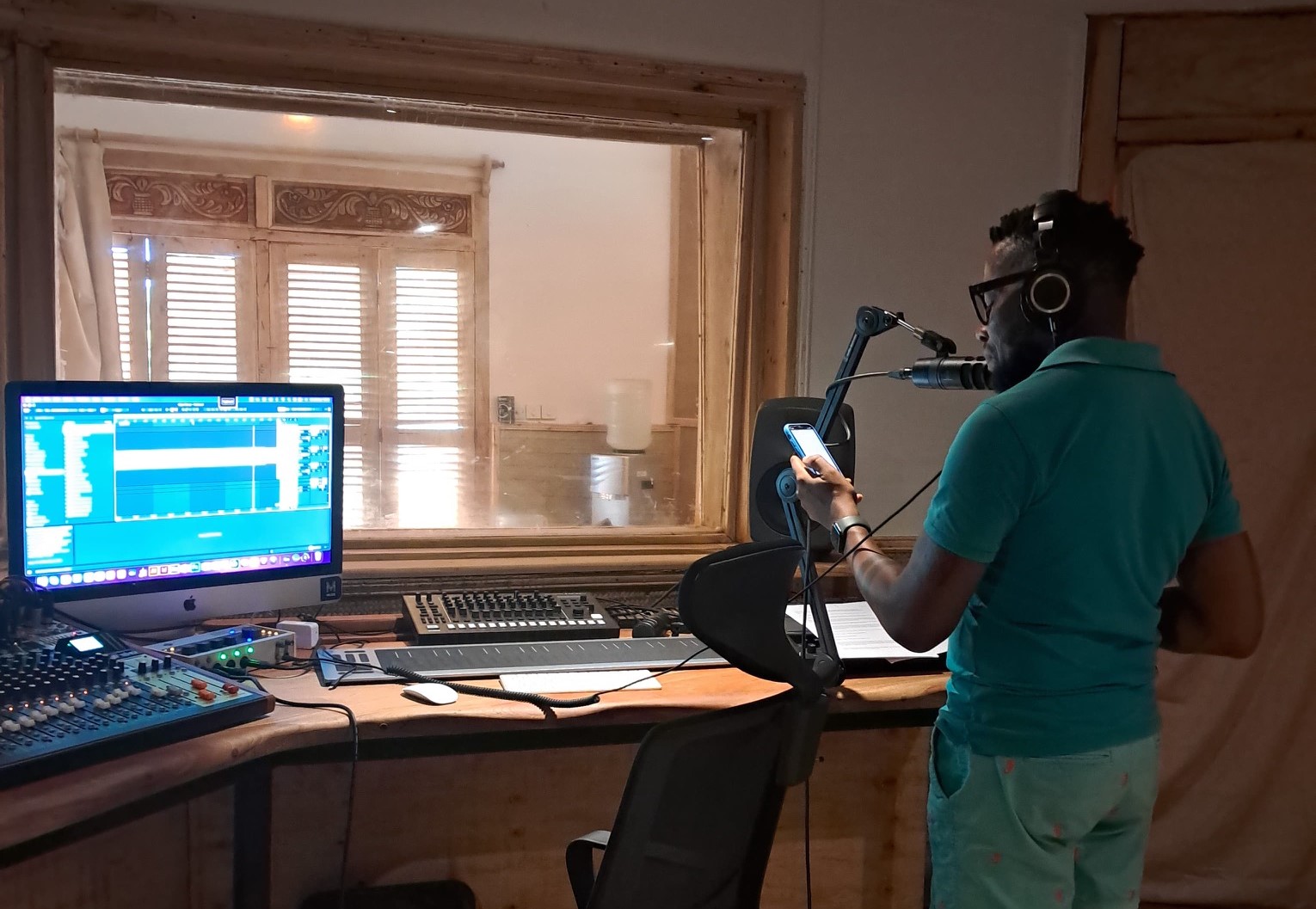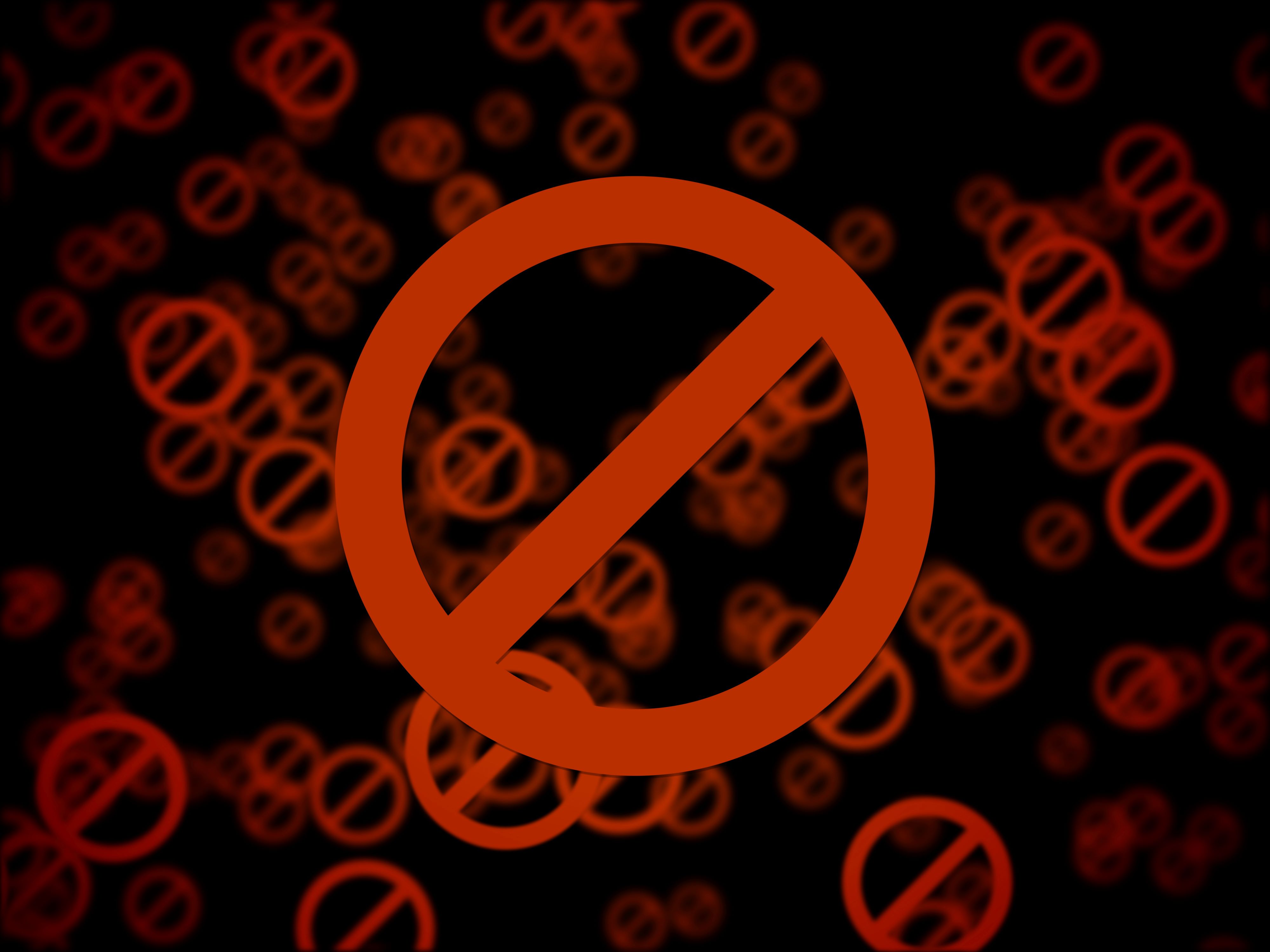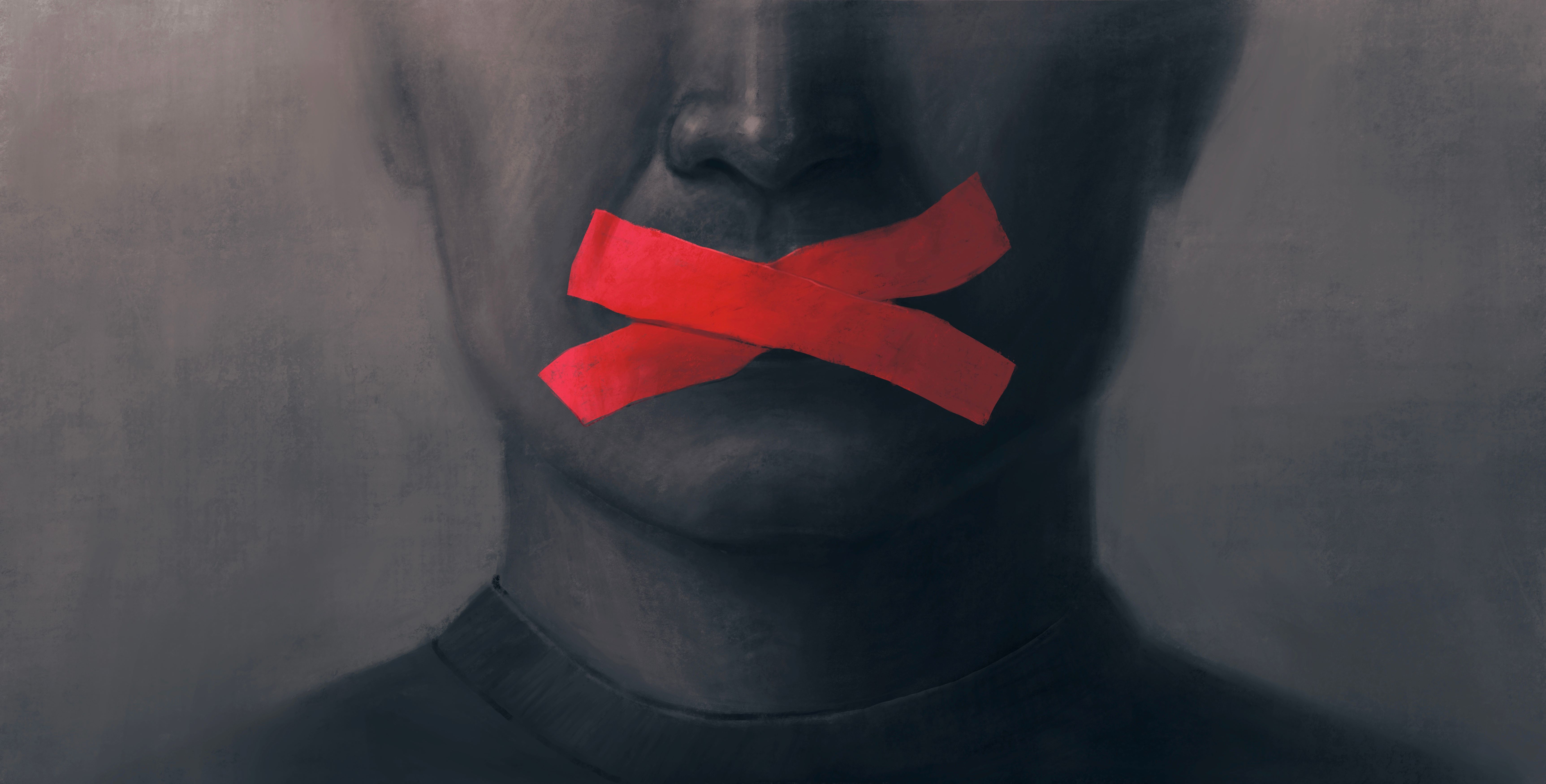حذر تقرير صادر عن اتحاد الحريات المدنية الأوروبي من تراجع في مؤشرات حرية الصحافة والتعددية الإعلامية في العديد من دول الاتحاد الأوروبي، كذلك جدّد الدعوة إلى إجراء إصلاحات "شبه شاملة" للتعامل مع مسائل مزمنة تؤثر على حريات الصحفيين في تلك الدول، قد تصل إلى ما دعاه "حافة الانهيار".
وقد انطلق التقرير في تحذيراته من رصد ما سمّاه "حالة واسعة من التضييق على الصحفيين، والقيود الحكومية على وصولهم إلى المعلومات" عبر دول عديدة ضمن الاتحاد الأوروبي، علاوة على التقويض المتواصل لإمكانات تمويل المشاريع الإعلامية المستقلة، وتأثير ذلك على التعددية وتنوّع الآراء وإمكانات النقاش في الحيز العام، وما لذلك من انعكاسات سلبية على الديمقراطية والحريات العامة.
ويتزامن صدور هذا التقرير الذي درس حالة الحريات الصحفية في 19 دولة ضمن الاتحاد الأوروبي مع تصاعد حدة الانتقادات الموجهة للعديد من وسائل الإعلام الغربية في تغطيتها لنطاق من الموضوعات، وعلى رأسها الحرب الإسرائيلية على قطاع غزة؛ حيث تسود مستويات غير مسبوقة من التحيز غير المهني لرواية إزاء أخرى، مع تضييق على الأصوات التي تسعى إلى الكشف عن الحقيقة وتسليط الضوء على نطاق الجرائم التي يرتكبها الاحتلال بحق الفلسطينيين.
وقد كان من بين أبرز الأدلة على هذه الحالة من التضييق، بحسب موقع "أوريان 21" الفرنسي، تحذير مؤسسات إعلامية صحفييها من إثارة مصطلحات تحيل على التهم الموجهة لإسرائيل بارتكابها "جرائم حرب" أو "حرب إبادة"، وعَدِّ ذلك من المحرّمات، وطلبِ الالتزام بالصياغات الإسرائيلية الرسمية، في مقابل تعمّد نزع المصداقية عن التصريحات والروايات الفلسطينية.
وقد عَبّر عن هذه الحالة الواسعة من التحيّز الممنهج والمفروض من الأعلى في عدد من الصحف ووسائل الإعلام الأوروبية تقريرٌ نشرته لوموند الفرنسية، ينتقد النظرة النسبيّة لقيمة الحياة البشرية، وخضوع الاهتمام الإعلامي بها لاعتبارات غير موضوعية، وهو ما يؤدي في المحصلة إلى ازدواجية تخالف قواعد العمل الصحفي التي تدعي تلك الوسائل الإعلامية رعايتها والالتزام بها.
وقد رصدت مجلة الصحافة عبر صفحة خاصة، نطاقا واسعا من هذه الانتهاكات المهنية والأخلاقية في سياق تغطية الإعلام الغربي للحرب على غزة، عبر تسليط الضوء على أمثلة من التحيز وتحليلها، سواء في التبني غير المتحفظ للروايات الإسرائيلية، أو في تصدير الروايات الإنسانية للقتلى الإسرائيليين في مقابل تهميش واسع لروايات مماثلة للضحايا الفلسطينيين الذين تجاوز عددهم زهاء 35 ألف شهيد منذ بدء الحرب، إضافة إلى تخصيص مساحة أوسع على الشاشة أو في الصحف للإعلاميين والخبراء والمعلقين السياسيين الذين يروجون للدعاية الإسرائيلية، مع إسقاط أي تحفظ موضوعي ونقدي عليها.
تقلص مساحة التعددية
ضمن هذا المشهد المتأزم الذي يترافق مع موجة متصاعدة من التحولات الشعبوية عبر أوروبا، نوّه التقرير إلى مخاطر تركُّز الملكيات الإعلامية الخاصة وعدم كفاية التشريعات الرقابية الضابطة لذلك، رغم الجهود التشريعية التي يبذلها الاتحاد الأوروبي، ولا سيما عبر قانون حرية الإعلام الأوروبي، الذي أقره البرلمان الأوروبي في آذار/ مارس الماضي.
لكن، ومع أهمية هذا القانون في تعزيز الضمانات لحماية الصحفيين، فإنه قد لا يكون كافيا لوقف التدهور في الحريات الصحفية، ولا سيما فيما يتعلق بتقنيات المراقبة والتجسس التي استُخدمت بحق صحفيين في دول أوروبية منها المجر وبولندا، إضافة إلى التحديات التي تتعلق بتعزيز الشفافية بشأن ملكية وسائل الإعلام، واحتمالات الضغط على المؤسسات المستقلة عبر شروط للتمويل والدعاية، قد تعزِّز حالة الرقابة الذاتية لدى الصحفيين العاملين فيها.
وحذر التقرير من تراجع الثقة بالتمويل الحكومي طويل المدى لمشاريع إعلام "الخدمة العامة"، وتحديدا في دول مثل إيرلندا وفرنسا وسلوفينيا، كذلك رصَدَ حالة من التدخل السياسي في دول أخرى، منها هنغاريا وكرواتيا وبولندا، مع تزايد في المخاوف من تراجع استقلالية الإعلام في دول مثل إيطاليا، ولا سيما بعد إدانة قضائية لصحفي إيطالي بتهمة التشهير في أكتوبر/ تشرين الأول عام 2023.
وضمن هذه البيئة الإعلامية التي تتزايد فيها الضغوط على الصحفيين، سجّل التقرير تراجعا في الثقة العامة بوسائل الإعلام، وقد وصلت إلى أدنى مستوياتها مثلا في التشيك. وقد ظلّت هذه الثقة في تراجع منذ العام الماضي في كل من أستونيا وألمانيا وهنغاريا وسلوفاكيا، إضافة إلى بلوغها مستويات متدنية في فرنسا واليونان.
ملاحقة الصحفيين ومراقبتهم
إلى جانب الصحفي الإيطالي الذي أدين بتهمة التشهير من قبل محكمة الجنايات في روما في أكتوبر/ تشرين الأول الماضي، فإن عددا آخر من الصحفيين تعرضوا لملاحقات قانونية على خلفية نشاطهم المهني في دول أخرى، من ضمنها كرواتيا واليونان وإيطاليا وهولندا والسويد. ورغم تراجع عدد التهديدات الخطيرة للصحفيين، فإنها ما تزال أعلى من معدلاتها في السنوات التي سبقت جائحة كورونا، عدا عن تزايد القضايا التي تُرفع في المحاكم على الصحفيين من قبل السياسيين ورجال الأعمال والمؤسسات وذوي النفوذ، وذلك من أجل ترهيب الصحفيين والصحفيات والمؤسسات الصحفية المستقلة، وهو ما رأى فيه التقرير اتجاها قد يؤدي إلى تقويض البيئة الآمنة التي يُفترَض أن تكون الشرط الأساسي لعمل الصحفي.
على صعيد آخر، استعرض التقرير حالة الرقابة على الصحفيين من طرف الجهات الرسمية في عدد من دول الاتحاد الأوروبي، وتحديدا عبر استخدام تقنيات تجسس متطورة، مثل "بيغاسوس" و"بريداتور"، في تعدٍّ على خصوصية الصحفيين وتعريضٍ لمصادرهم للخطر، وقد ترتبت على ذلك نتائج وخيمة في بيئة العمل الصحفي، من تفشٍّ للرقابة الذاتية وخوف من الملاحقة والابتزاز، وتقويض للديمقراطية وحقوق الإنسان.
وفي حين خلا التقرير من أي إشارة إلى أنماط جديدة من التضييق على الصحفيين وملاحقتهم إبان اندلاع الحرب الإسرائيلية على غزة، وتوسع نطاق المظاهرات الشعبية وأشكال الاحتجاج المؤيدة لفلسطين والداعية إلى إنهاء الحرب والاحتلال في عدد من العواصم الأوروبية، فإنّ المؤشرات التي تضمنها التقرير تدلّل على اتجاهات سلبية قد ينحدر إليها واقع الحريات الصحفية في دول ضمن الاتحاد الأوروبي، وهي اتجاهات لن يقتصر تأثيرها على الممارسة الصحفية ومستوى الثقة العامة بوسائل الإعلام في تلك الدول وحسب، بل يخشى مراقبون من أن أثرها قد يمتدّ إلى ما وراء القارة العجوز، فيسهم في تقويض مصداقية وسائل الإعلام، ولا سيما السائدة والمهيمنة منها، لصالح أشكال أخرى من طرق الوصول إلى الأخبار واستهلاكها، مثل وسائل التواصل الاجتماعي، حيث تتفشى كذلك الأخبار المضللة وتحيز الخوارزميات ونسبية الحقيقة.
